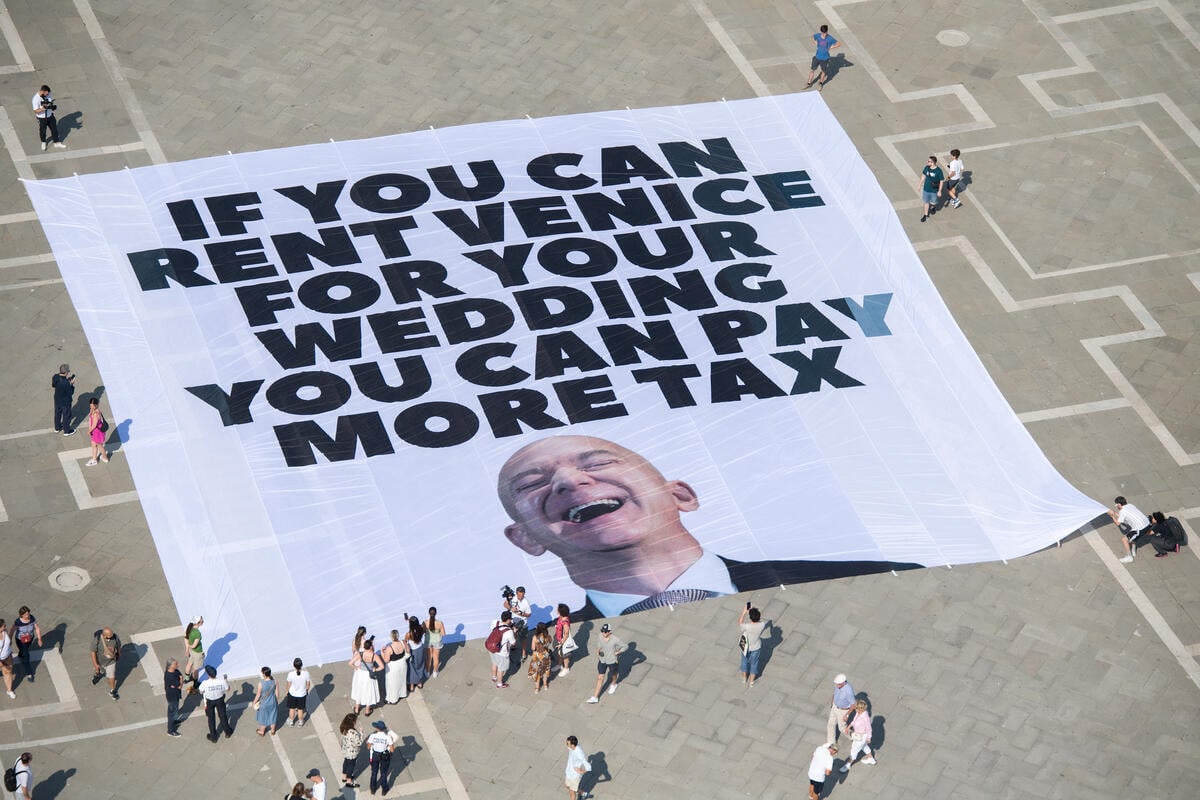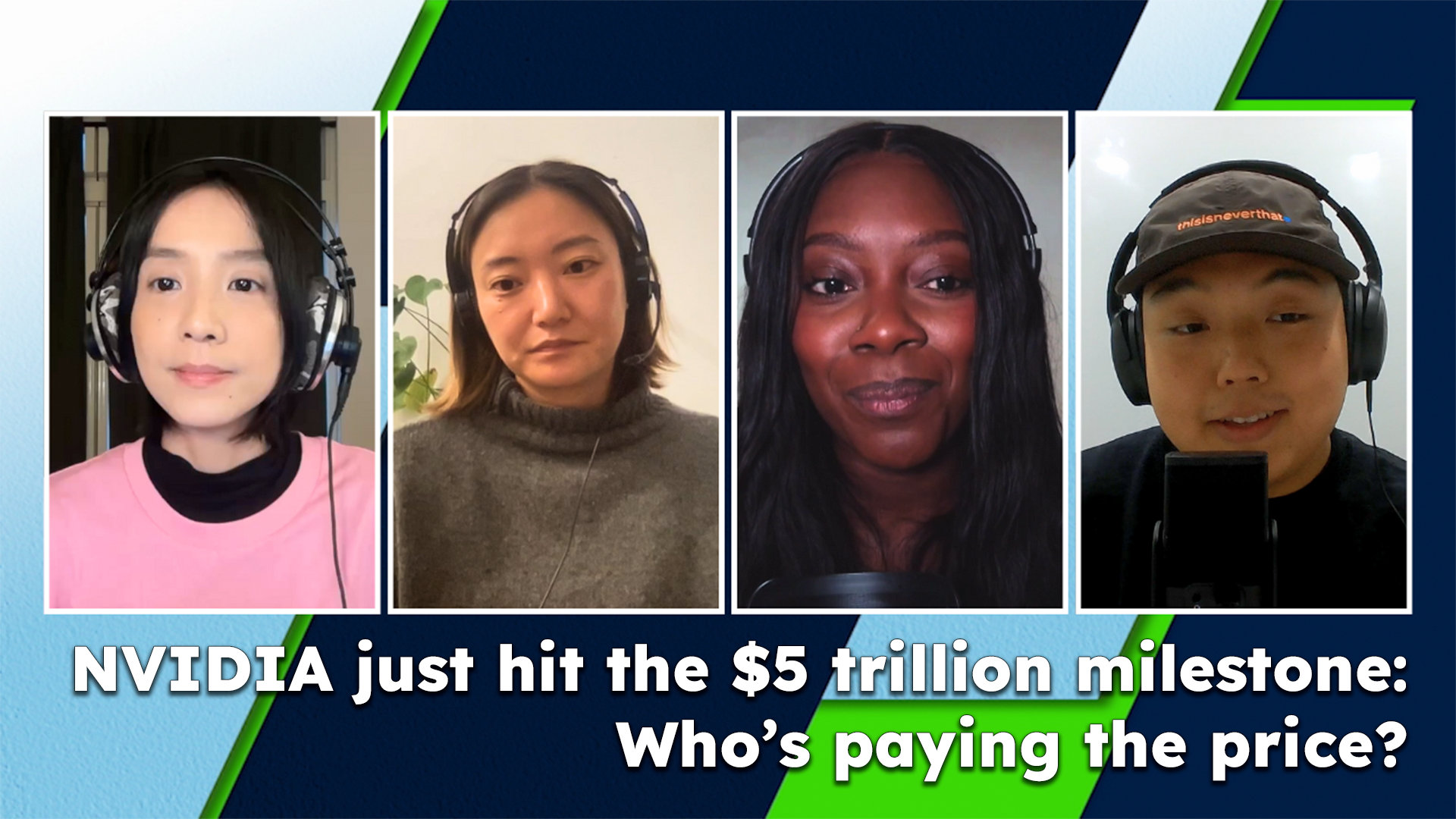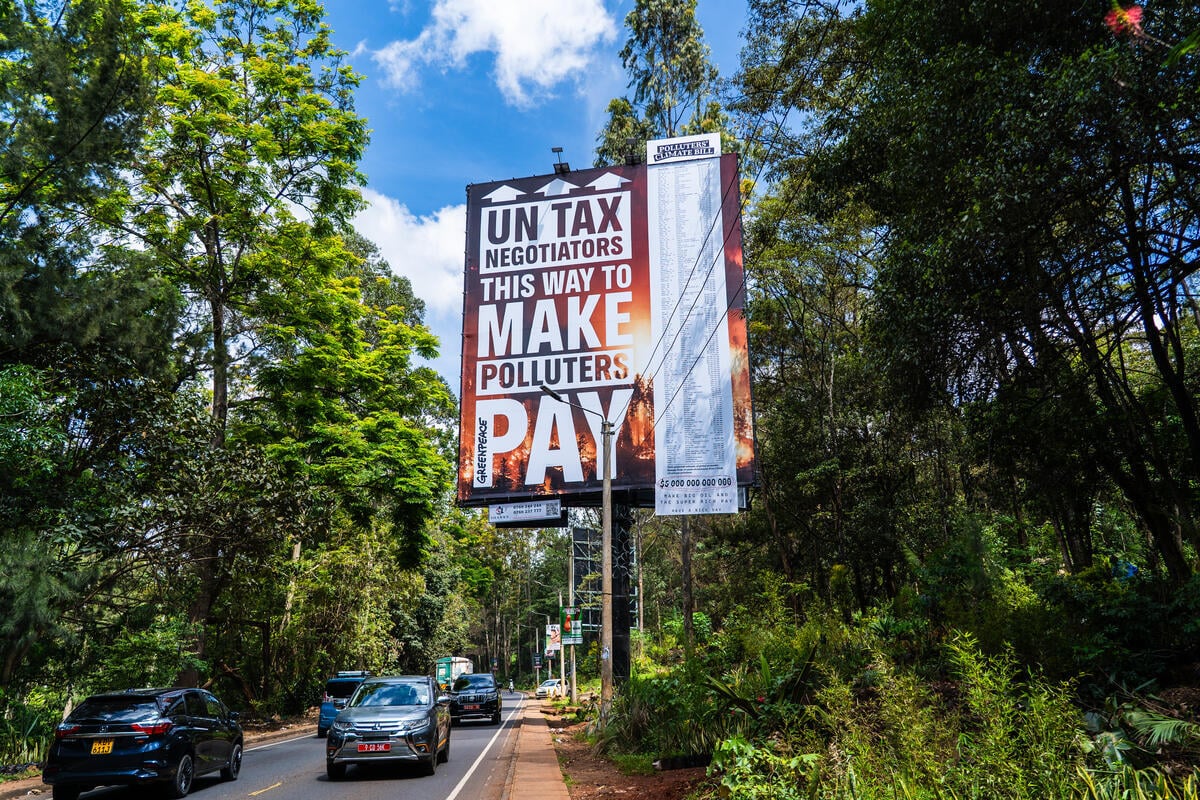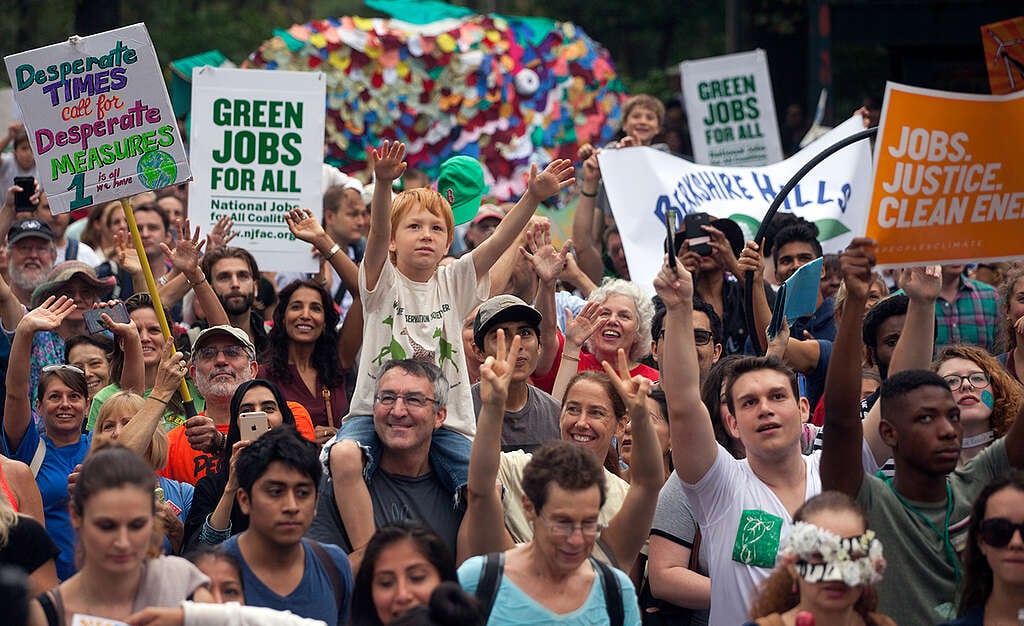
Job displacement and informality, low wages, high rents, rising food prices and energy bills. Soaring costs and financial squeeze are the reality of working families in many cities around the world. They threaten the ability of people to meet our very basic necessities like housing, energy and water costs, childcare, public transport. They also undermine healthy functioning of the economy. They show us, in no uncertain terms, that there is something inherently wrong with the system we are living in.
Zohran Mamdani’s win in the New York mayoral elections didn’t happen by chance in the city with a GDP that rivals entire countries and that reportedly hosts the majority of the world’s billionaires. New York City has an immensely diverse workforce — a great part of which is made of low income essential workers, often immigrants and people of colour employed across the various sectors that keep the economy alive.
Mamdani’s campaign and political agenda echo and are a reflection of the voice of the working class. Previous US political leaders have largely ignored the power and relevance of this segment. Not only for, as it does in many contexts, making up the majority of the voter turnout, but also as an essential part of what maintains the foundations of a functioning economy running. A refreshing, youth-led, progressive democrat politics is emerging: one that puts people first. They campaign for ideas that were, until recently, inconceivable for a mayoral candidate in the world’s richest city to campaign for: from police reform to trans rights, from city subsidised groceries to the taxation of the wealthiest.
Around the world, progressive movements are promoting an agenda that feels much closer to the interests, needs and day-to-day reality of workers and communities who struggle with affording the increasing average monthly utility bills — workers without which the wealth and economic relevance of big cities would not be possible. And agendas like this, that unite people across party, race and class lines will always win. Recent protests in cities like Jakarta, Manila and Kathmandu show that, regardless of the geographical context, people across nations are refusing to live with broken promises by their governments and demanding their basic needs to be met, such as fair wages, jobs, and public services.
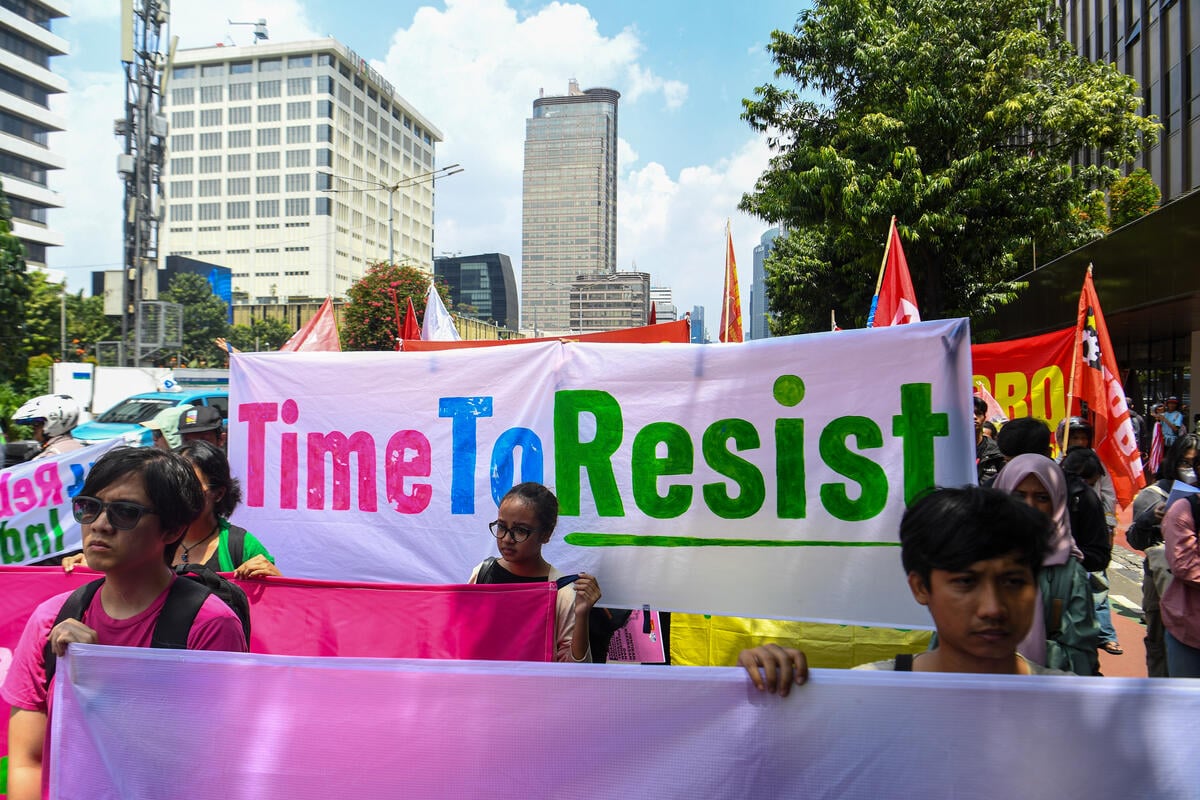
People voted for these ideas because they are able to imagine that a city with free buses, local and city-run grocery stores, frozen rents and universal childcare is not only fair, but tangible and possible — in the US and worldwide. Making urban life affordable and expanded public services are primordial for a well functioning and sustainable economy in which people — not billionaires’ pockets — thrive, first and foremost.
The alternatives that the opposition offered, similar to authoritarian governments around the world, are just too far from the reality of working families. Contrary to their narrative, social policies do not undermine businesses or the government apparatus. They diversify and innovate economies and prioritise people and our living planet — as opposed to policies that benefit a handful of corporate lobbies and wealthy individuals.
The win shows something powerful: this is what happens when communities come together and collectively turn hope into action. The elected mayor of New York City promises policies that, in essence, make upper classes abdicate from their privileges, while expanding benefits for the low-income and working families. Whether he will walk the talk remains to be seen.
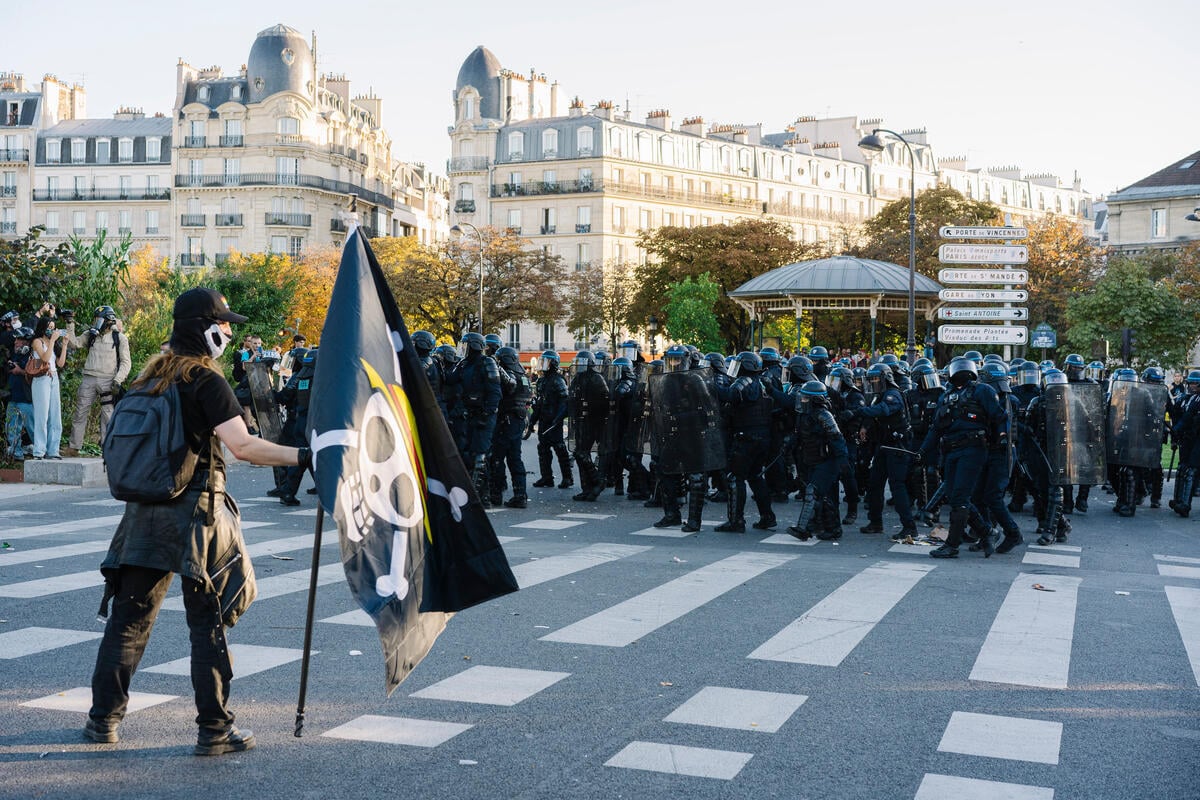
What tangible solutions would you like to see in your city?
Free public transport, affordable housing, and universal childcare: this is what tangible solutions look like. Solutions that are good for the economy, for people, and the planet. What win-win ideas would you like your city to implement?
Tell us in the form below:
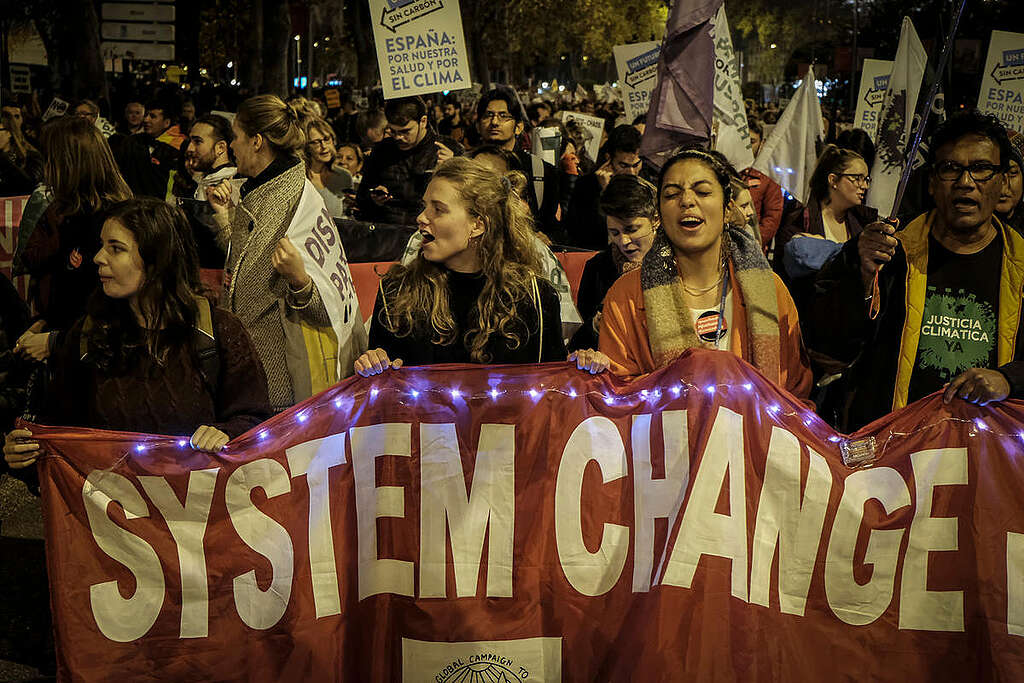
What brings hope to the world? Share your thought with us, we want to hear from you.
Tell us what you think
